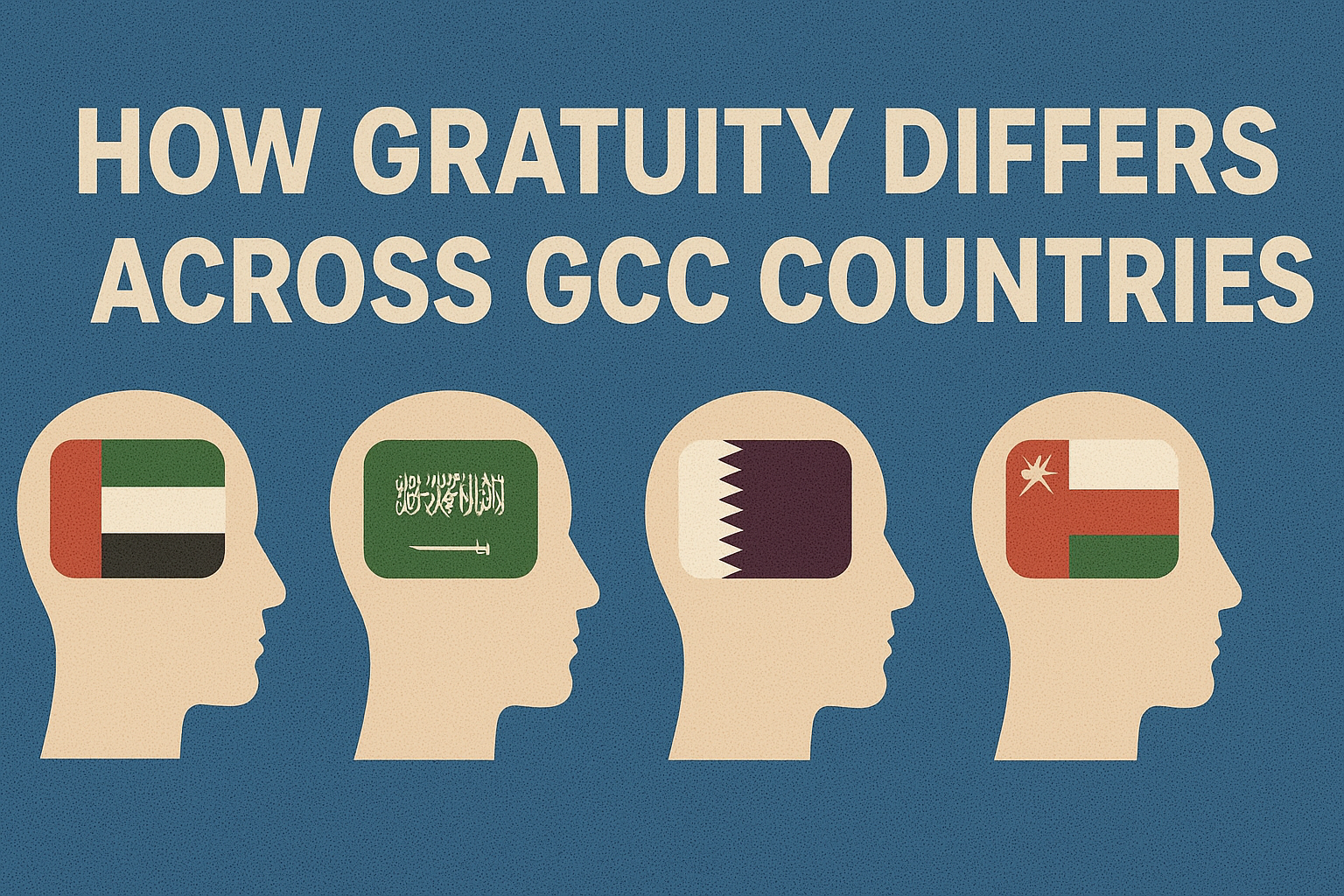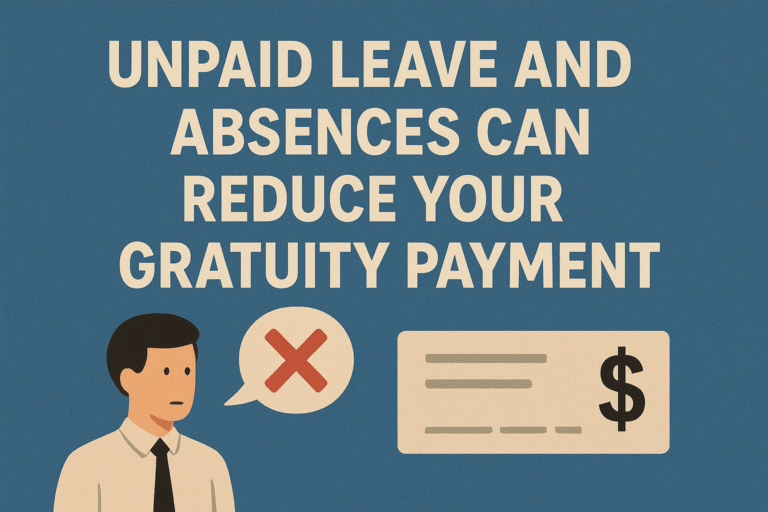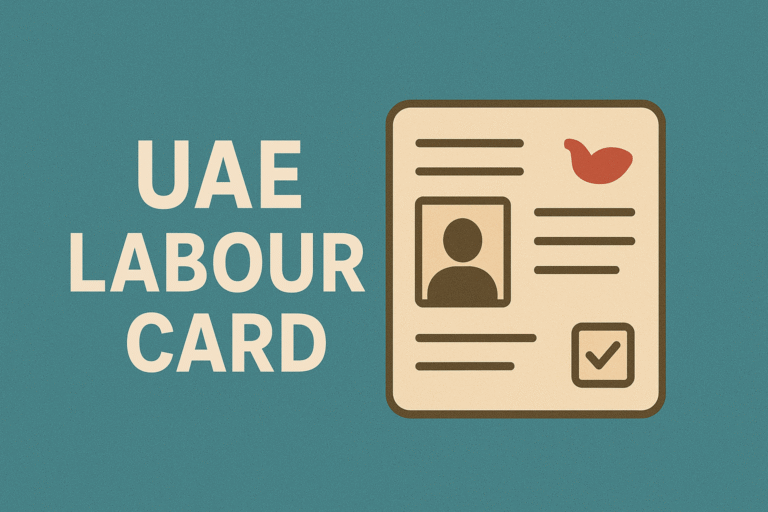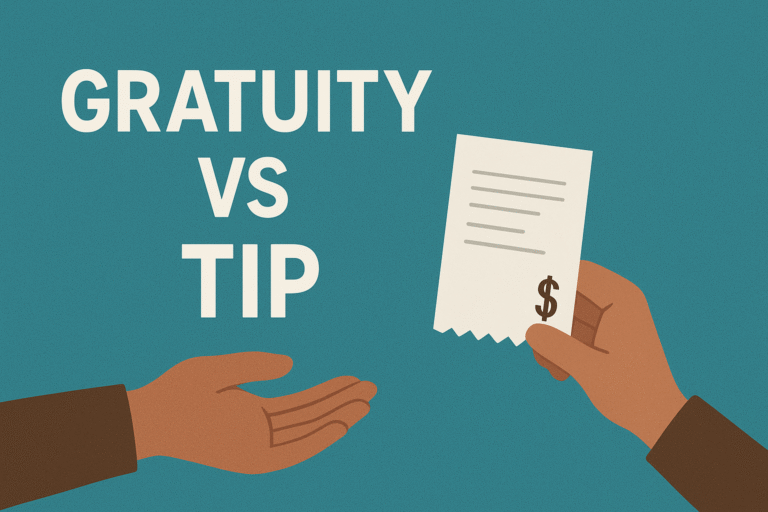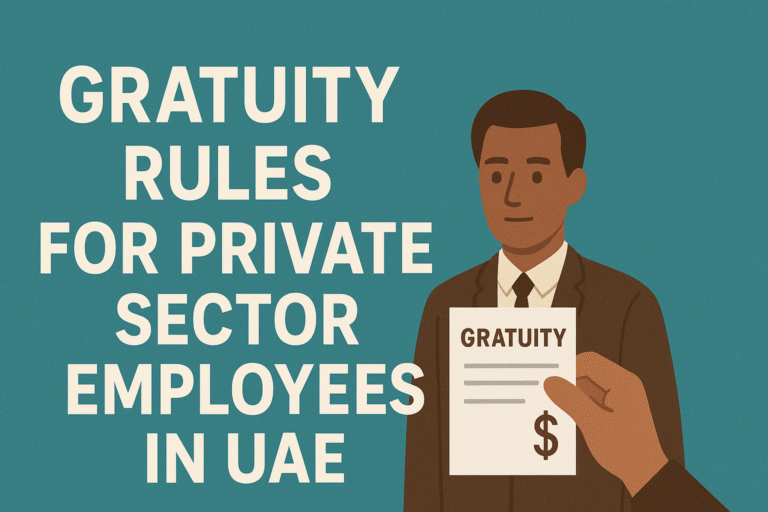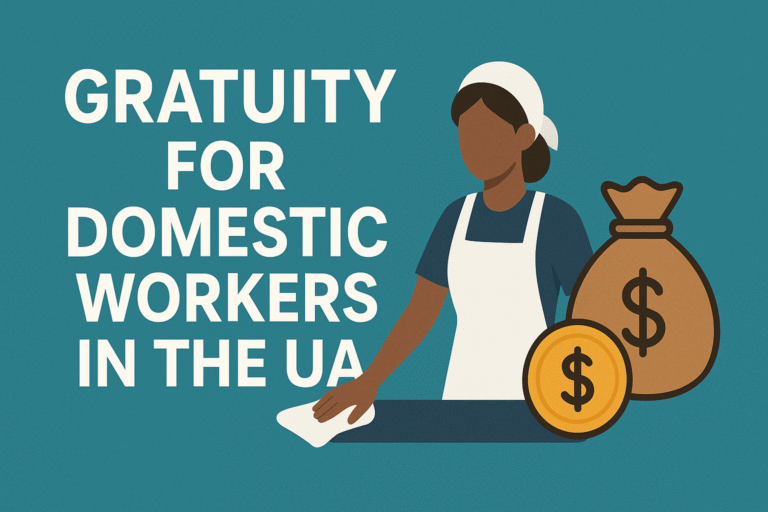How End of Service Gratuity Differs Across GCC Countries?
End of an employment contract in the Gulf Cooperation Council (GCC) involves understanding a crucial financial component: the End of Service Gratuity (ESG). Whether you’re an employer ensuring compliance or an employee planning your next steps, grasping the nuances of this benefit is essential. This guide provides a clear, comprehensive overview of End of Service Gratuity across the GCC, breaking down the rules, calculations, and legal frameworks for each member state.
Staying compliant with local labor laws is not just a legal obligation; it’s a cornerstone of fair and ethical employment practices. This article is designed to be your trusted resource for managing this process correctly and confidently.
What is Gratuity?
End of Service Gratuity is a statutory monetary award that an employer is legally required to pay an employee upon the conclusion of their service. It is a lump-sum payment calculated based on the employee’s length of service and their last-drawn salary. Think of it as a mandatory “thank you” for the employee’s contributions over the years.
A Country-by-Country Breakdown of Gratuity Rules in the GCC
Each GCC country has its own labor laws that govern the calculation and payment of gratuity. While the principles are similar, the details are critically different. Here’s a breakdown for Saudi Arabia, the UAE, Oman, Qatar, Bahrain, and Kuwait.
Saudi Arabia

United Arab Emirates (UAE)
Oman
Qatar

Bahrain
Kuwait
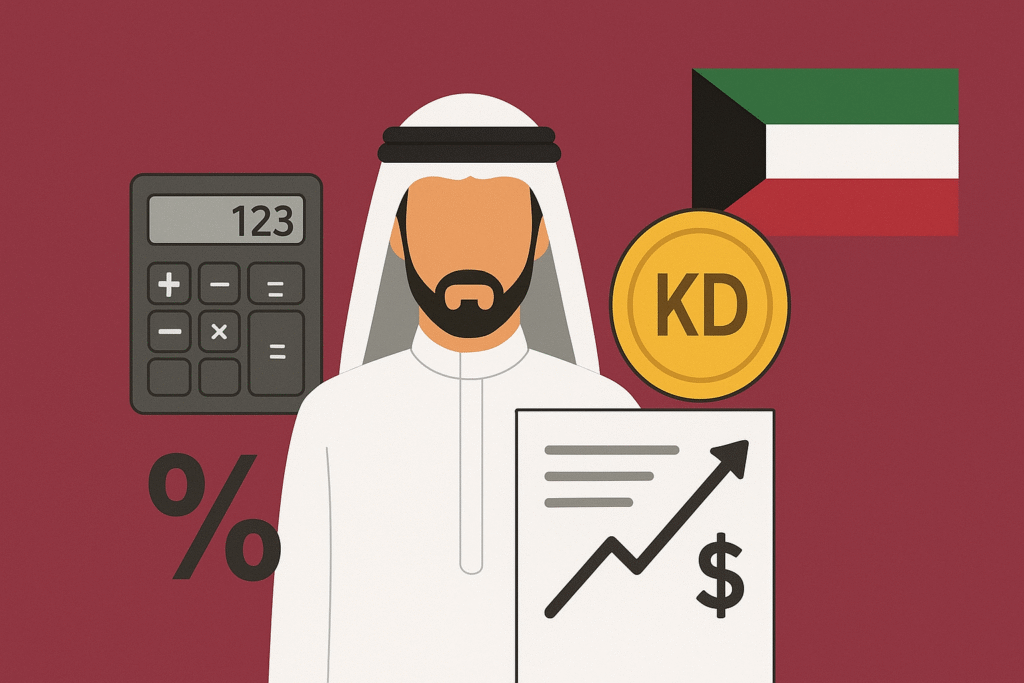
Key Factors in Gratuity Calculation
The formulas above provide a strong foundation, but several factors can influence the final payout.
What Constitutes ‘Salary’ for Calculation?
This is a critical distinction. In countries like the UAE, the calculation is strictly based on the basic salary, excluding allowances for housing, transport, etc. In Saudi Arabia, it’s based on the final wage, which typically includes the basic salary plus other standard, recurring allowances. Always verify the legal definition of “wage” or “salary” in the specific country’s labor law.
Proration for Partial Years of Service
Employees are entitled to a prorated gratuity for any fraction of a year they have worked, provided they have completed the minimum service period of one year. This means if someone works for 3 years and 6 months, they will be paid gratuity for 3.5 years.
While the formulas appear straightforward, applying them correctly with proration for partial years, different salary components, and specific country rules can become complex. A small miscalculation can lead to compliance issues or financial loss. To ensure accuracy and save time, many professionals rely on specialized tools.
A free gratuity calculator can help you generate a reliable estimate in seconds, giving you peace of mind that your figures are correct.
Unpaid Leave and Its Impact on Gratuity
Periods of unpaid leave are generally not included when calculating the total length of service. For example, if an employee worked for five years but took two months of unpaid leave during that time, their service period for gratuity calculation would be considered four years and ten months.
Frequently Asked Questions (FAQ)
Conclusion
The End of Service Gratuity is more than just a final payment; it is a legal right and a critical component of the employment lifecycle in the GCC.
For employers, understanding and correctly applying these rules is fundamental to legal compliance, maintaining a positive reputation, and treating departing employees with fairness and respect. Automating this process is the most effective way to mitigate risk and ensure accuracy.
For employees, knowing your rights empowers you to plan your future and ensure you receive the full compensation you have earned. Always refer to your employment contract and the local labor law to understand your specific entitlements.
